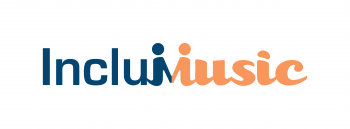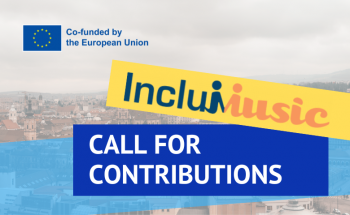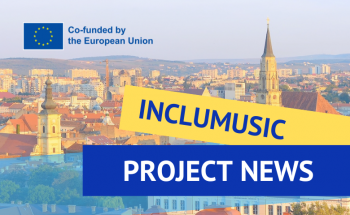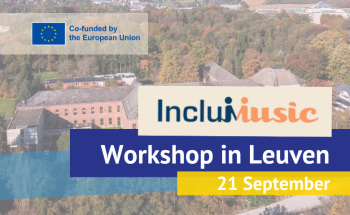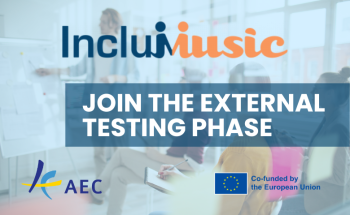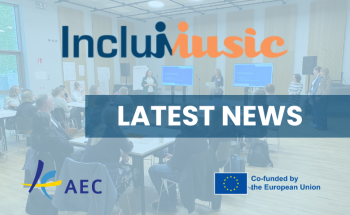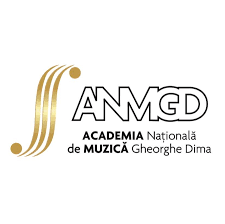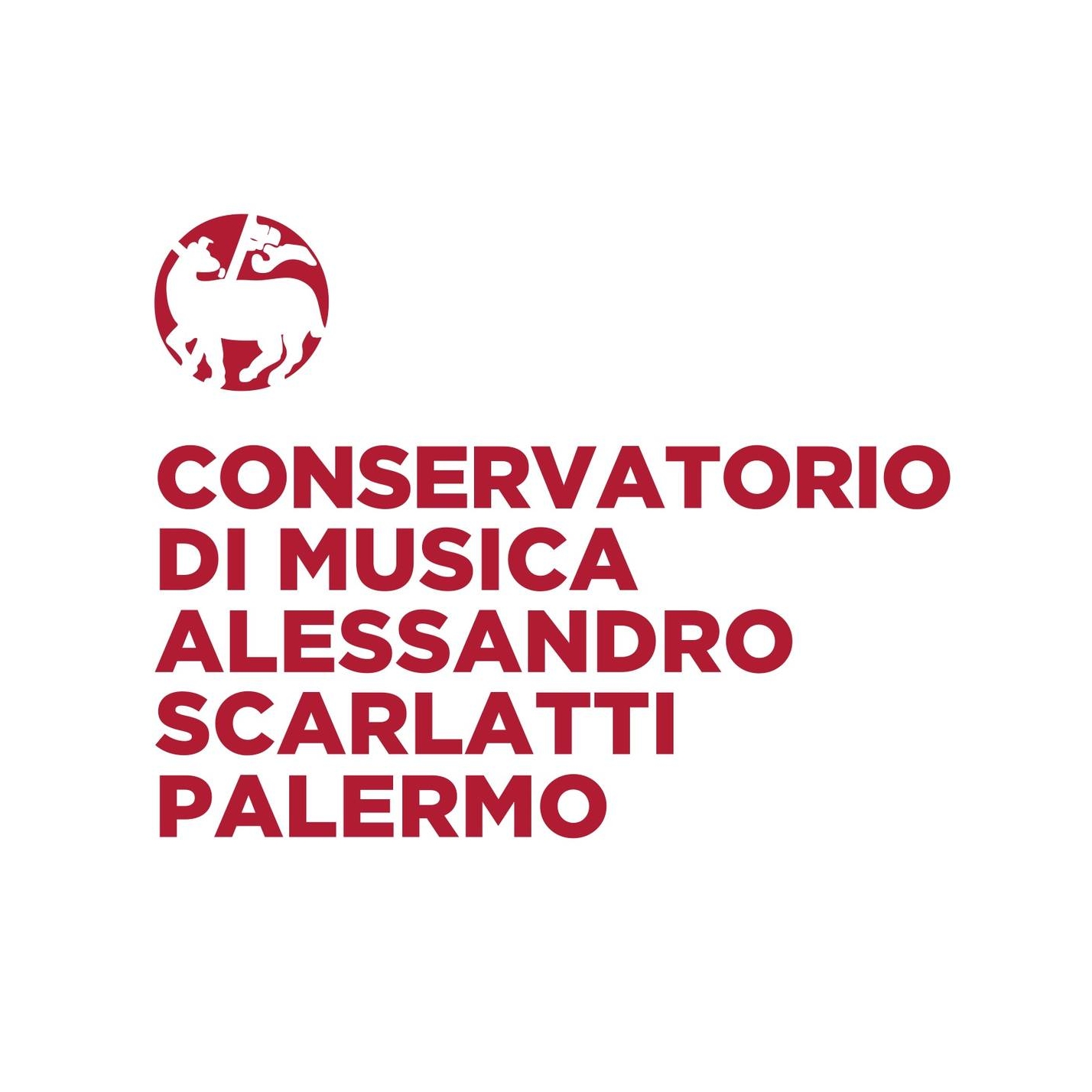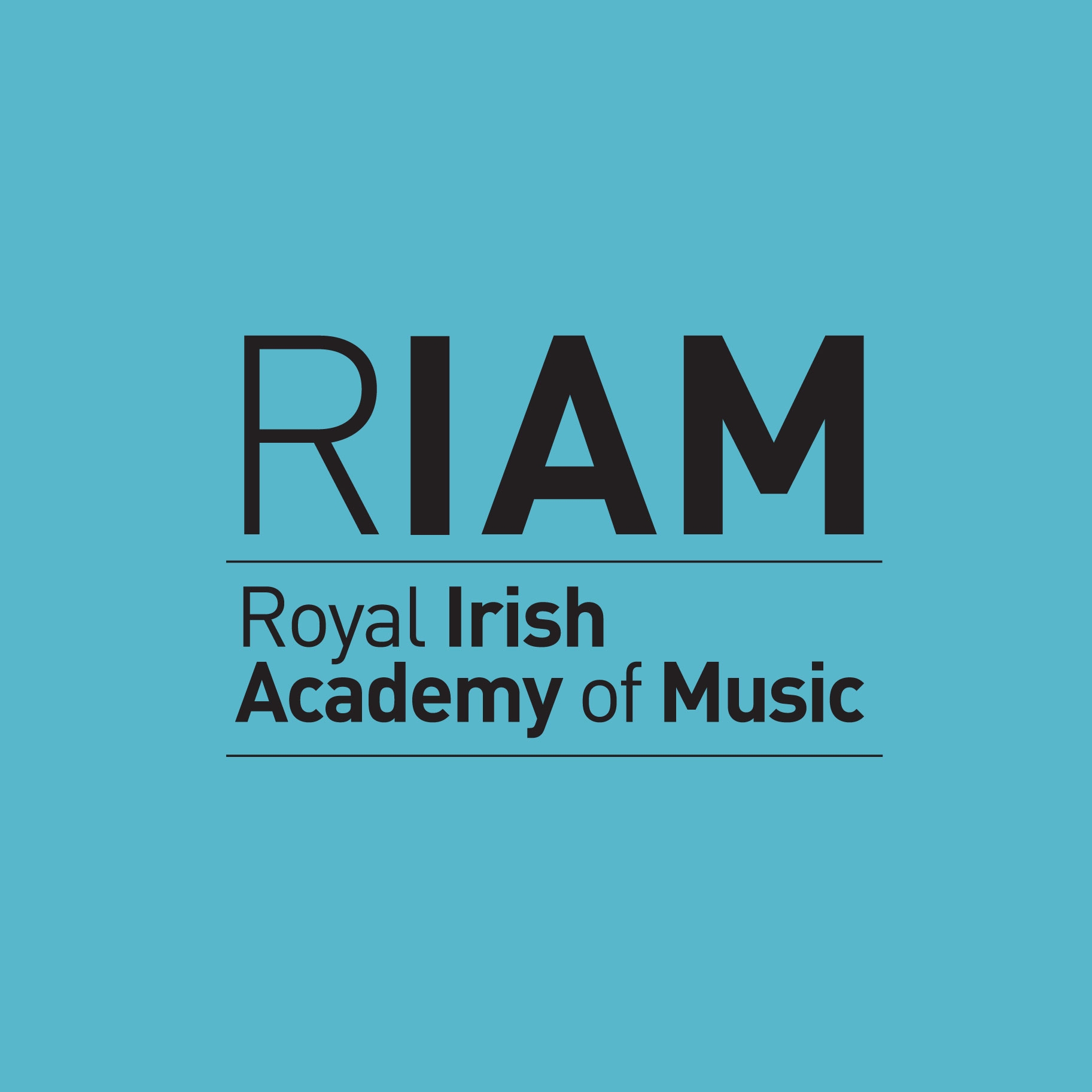IncluMusic: Increasing skills for building more inclusive conservatoires
IncluMusic (Increasing skills for building more inclusive conservatories) is a three-year Erasmus+ Cooperation Partnership project aimed at fostering the inclusion of students with Special Education Needs (SEN) and disadvantaged backgrounds in Higher Music Education institutions (HMEIs). The project will also provide training for music teachers in innovative pedagogies in order to increase access, participation and completion rates of music students with fewer opportunities.
Aims and objectives
- Reinforcing the competencies of HMEI teachers and HMEI administrative staff in the field of Special Education;
- Creating a new professional role, that of the Academic tutor, aimed at monitoring on social inclusion practices within HMEIs and on the training process of Higher Music Education Institutions (HMEI) teachers;
- Preparing the Academic tutor, with the role of intermediation between students with disabilities and the Academic staff;
- Reinforcing the skills of Academic staff to help them work for inclusion together with the Academic tutor for Inclusive Music Teaching;
- Defining new approaches for training HMEIs’s students with Special Educational Needs;
- Creating a community of HMEIs adopting social inclusion practices.
Project partners
The project is coordinated by cthe Academia Națională de Muzică „Gheorghe Dima” (AMGD) with support from the following project partners:
- Conservatorio di Musica Statale “Alessandro Scarlatti” (Palermo, Italy)
- RIAM – Royal Irish Academy of Music (Dublin, Ireland)
- European University Cyprus (Nicosia, Cyprus)
- Università LUMSA (Rome, Italy)
- ValueDo (Florence, Italy)
- AEC – Association Européenne des Conservatoires (Belgium)
For more information about IncluMusic, please stay tuned to the AEC Communication channels (AEC website, newsletter and social media channels), or contact Alfonso Guerra, AEC Membership and Finance Coordinator, at alfonsoguerra@aec-music.eu.
Funded by the European Union. Views and opinions expressed are however those of the author(s) only and do not necessarily reflect those of the European Union or the European Education and Culture Executive Agency (EACEA). Neither the European Union nor EACEA can be held responsible for them.

